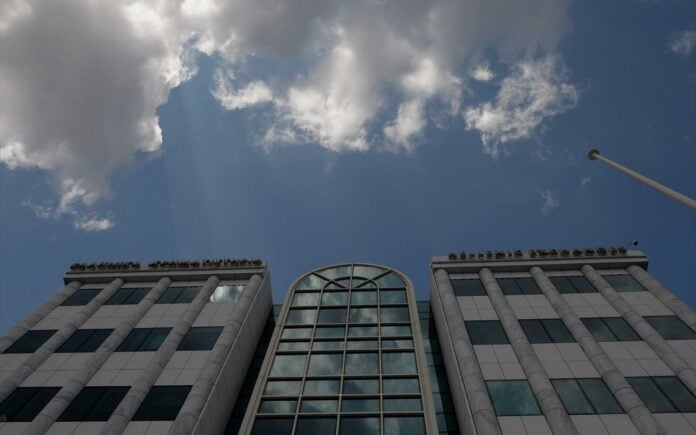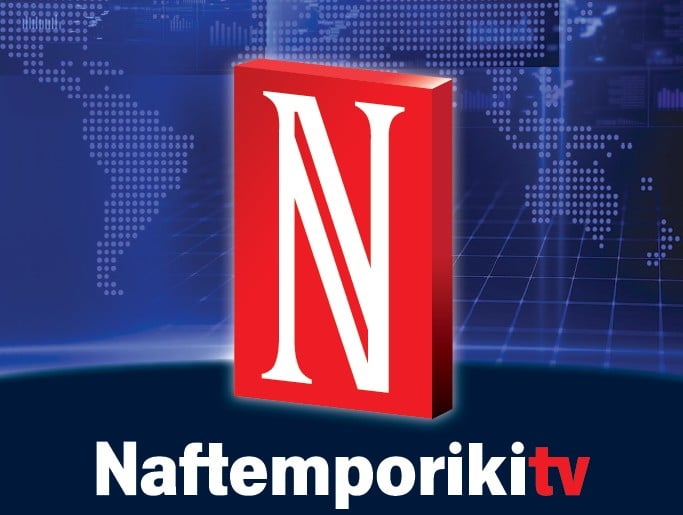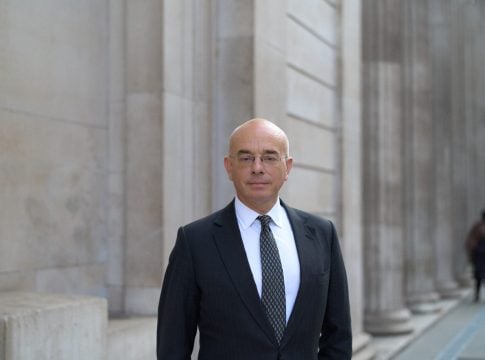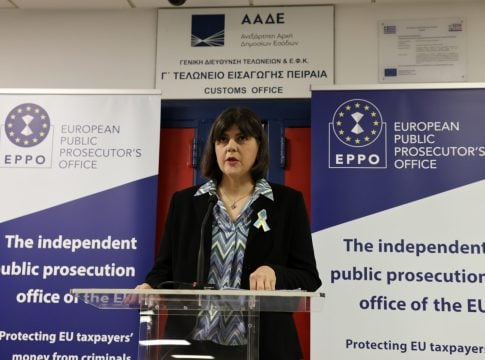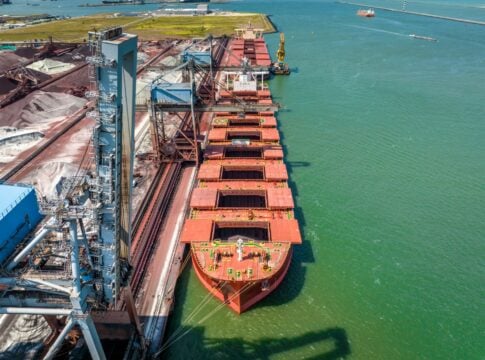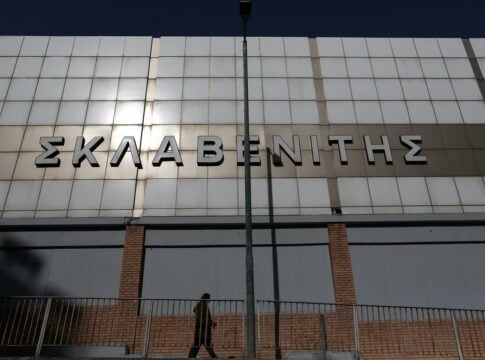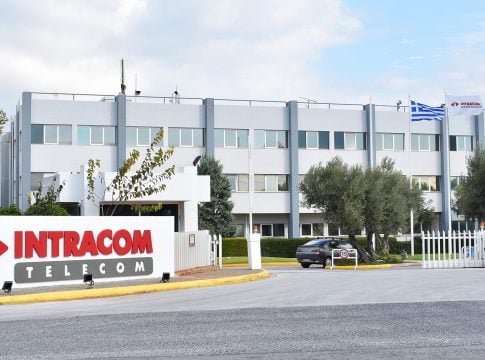Everyone is interested in the US election results, where two different worlds and two different visions will compete. Even the listed companies on the Athens stock market are waiting for the result of the elections. Some of them are even anxious.
This is reasonable as they have a direct interest in the political developments in the US, since large investments are underway in the country. Cenergy, for example, has already begun the process of setting up a cable plant in Maryland. The same applies to Titan Cement, as the US subsidiary – in addition to major investments – prepares its listing on the New York Stock Exchange, capitalizing on the growing share of US revenues in the Group’s overall balance sheet.
Flexopack has also expressed its intention to set up a factory in the US. A few weeks ago it bought a plot of land in Pennsylvania for the creation of production facilities. To the above three companies, of course, many more can be added, such as Intralot, which “makes” a large part of its annual turnover from sales in the US market.
Critical threshold
A total of 47 listed companies that currently have a market value of more than 200 million euros deserve our attention. Three more are a breath away from the specific limit, which, apart from a psychological point of view, has now acquired a more practical meaning. Why is the 200-million-euro threshold so important?
Because based on the new regulation (to be implemented in 2025), companies with a valuation of more than 200 million euros are required to have a shareholding of more than 15%, while for all others the corresponding requirement “rises” to 25% .
It is clear, therefore, that for some listed companies, exceeding 200 million euros is considered crucial in order to be able to meet the stricter criteria of the stock exchange authorities. Otherwise, the main shareholders will be asked to allocate a generous percentage of the equity they own.
Changing of the guard
A changing of the guard has occurred at Noval Property. The five-year vice-president and managing director, Panagiotis Kapetanakos, resigned and his position was taken by Michael Panagis, until today a member of the company’s board of directors.
No further explanation was given other than the obvious: These things happen in the private sector…


